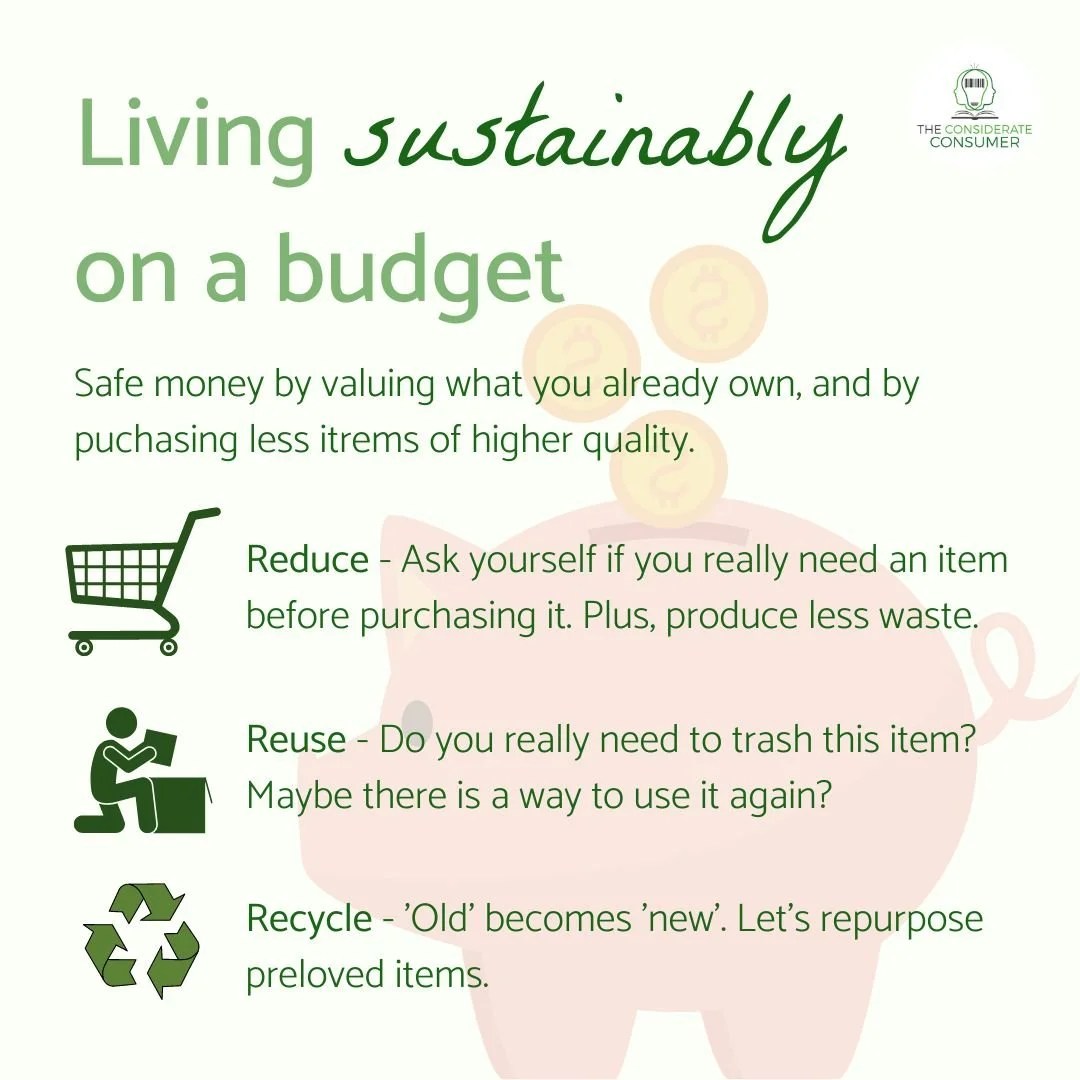Sustainable Budgeting: Spending Less While Living More
Exploring the realm of Sustainable Budgeting: Spending Less While Living More, this introduction aims to captivate readers with an intriguing overview of how financial well-being can be achieved through mindful spending and budgeting strategies.
The following paragraphs will delve deeper into the key aspects of sustainable budgeting, offering practical tips and insights for a more fulfilling financial life.
Understanding Sustainable Budgeting
Sustainable budgeting is the practice of managing finances in a way that allows for long-term financial stability and growth. It involves creating a budget that is realistic and adaptable to changing circumstances, while also considering the impact on the environment and society.
Importance of Sustainable Budgeting
- Helps individuals achieve financial goals without compromising future needs.
- Encourages responsible spending and saving habits.
- Promotes a more sustainable lifestyle by reducing waste and unnecessary consumption.
Benefits of Sustainable Budgeting
- Ensures financial security for emergencies and unexpected expenses.
- Allows for investments in sustainable practices and ethical products.
- Helps in reducing debt and building wealth over time.
Examples of Sustainable Budgeting vs. Traditional Budgeting
Traditional budgeting often focuses solely on short-term financial goals and immediate needs, while sustainable budgeting takes into account long-term implications and the overall impact of financial decisions. For example, a traditional budget may prioritize buying cheap, disposable items for immediate cost savings, whereas a sustainable budget would consider investing in higher quality, longer-lasting products to reduce waste and save money in the long run.
Strategies for Spending Less

When it comes to sustainable budgeting, finding ways to spend less without compromising your quality of life is crucial. By implementing practical tips and strategies, you can effectively reduce your expenses and make your budget more sustainable.
Reducing Grocery Expenses
One of the largest expenses for many households is groceries. To cut costs in this area, consider meal planning, buying in bulk, and opting for store brands instead of name brands. Additionally, shopping sales, using coupons, and avoiding impulse purchases can all help lower your grocery bill.
Lowering Utility Costs
Utility bills can also take a significant chunk out of your budget. To save money on utilities, make an effort to reduce energy consumption by turning off lights and unplugging devices when not in use. Installing energy-efficient appliances and properly insulating your home can also lead to long-term savings.
Trimming Entertainment Expenses
Entertainment expenses, such as dining out, going to the movies, or subscribing to multiple streaming services, can add up quickly. To cut costs in this area, consider cooking at home, hosting movie nights with friends, or sharing streaming accounts with family members.
Taking advantage of free community events or exploring the outdoors can also provide affordable entertainment options.
Embracing Minimalism
Minimalism is a lifestyle choice that focuses on living with less and being intentional about the possessions you own. By adopting minimalist principles, you can reduce clutter, save money on unnecessary purchases, and prioritize experiences over material goods. This mindset shift can not only help you spend less but also lead to a more fulfilling and sustainable way of life.
Maximizing Value in Spending

When it comes to sustainable budgeting, maximizing the value in spending is crucial. This involves making thoughtful choices that prioritize long-term fulfillment over short-term gratification.
Spending on Experiences vs. Material Possessions
Spending on experiences, such as travel, concerts, or classes, tends to bring more lasting happiness compared to material possessions. Experiences create memories, foster personal growth, and strengthen relationships, while material possessions often lose their appeal over time.
Prioritizing Spending for Long-Term Fulfillment
- Invest in education and self-improvement: Consider spending on courses, workshops, or certifications that can enhance your skills and knowledge, leading to better career opportunities and personal growth.
- Focus on health and wellness: Allocate resources towards activities that promote physical and mental well-being, such as gym memberships, healthy food choices, or relaxation therapies.
- Build meaningful relationships: Invest time and money in experiences that strengthen connections with loved ones, like family vacations or special outings with friends.
- Spend on experiences, not things: Instead of accumulating material possessions, prioritize spending on experiences that create lasting memories and enrich your life in meaningful ways.
Impact of Mindful Spending on Financial Well-Being
Mindful spending involves being intentional and conscious about where your money goes. By practicing mindful spending, you can:
- Reduce impulse purchases and unnecessary expenses.
- Focus on quality over quantity when making purchases.
- Avoid falling into debt or living beyond your means.
- Build a sense of financial security and peace of mind.
Building a Sustainable Budget
Creating a sustainable budget is crucial for achieving financial stability and meeting personal goals. It involves careful planning, tracking expenses, and making adjustments as needed to ensure that spending aligns with income and priorities.
Steps to Creating a Sustainable Budget
- Assess Your Income: Calculate your total income from all sources to understand how much money you have available.
- Identify Fixed and Variable Expenses: Differentiate between fixed expenses (e.g., rent, utilities) and variable expenses (e.g., groceries, entertainment).
- Set Financial Goals: Determine short-term and long-term financial goals, such as saving for emergencies, paying off debt, or investing.
- Create a Budget Plan: Allocate specific amounts to different expense categories based on your income and priorities.
- Track Your Spending: Monitor your expenses regularly to see if you are staying within your budget and identify areas where you can cut back.
Importance of Tracking Expenses and Adjusting the Budget
Tracking expenses is essential to ensure that you are not overspending and staying on track with your financial goals. By monitoring your spending habits, you can identify areas where you can reduce expenses and reallocate funds to more important priorities.
Adjusting the budget allows for flexibility and ensures that your financial plan remains sustainable over time.
Tools and Resources for Managing a Sustainable Budget
- Personal Finance Apps: Utilize apps like Mint, YNAB, or PocketGuard to track expenses, set budgets, and receive financial insights.
- Online Budgeting Tools: Explore websites like EveryDollar or GoodBudget for creating and managing budgets online.
- Expense Trackers: Use spreadsheets or templates to manually track expenses and income, allowing for customization and detailed analysis.
- Financial Literacy Resources: Access educational materials, workshops, or online courses to improve your financial knowledge and budgeting skills.
Final Conclusion
In conclusion, Sustainable Budgeting: Spending Less While Living More emphasizes the importance of balancing financial goals with a fulfilling lifestyle, paving the way for a more sustainable and prosperous future.
Frequently Asked Questions
How is sustainable budgeting different from traditional budgeting methods?
Sustainable budgeting focuses on long-term financial health and well-being, while traditional budgeting often overlooks the impact of spending choices on overall life satisfaction.
What are some practical tips for reducing expenses without sacrificing quality of life?
Some tips include meal planning, reducing utility usage, and embracing minimalism to cut unnecessary expenses while still enjoying life.
How can one prioritize spending on experiences over material possessions?
By valuing memorable experiences that bring long-term fulfillment and happiness over the temporary satisfaction gained from material possessions, individuals can shift their focus towards more meaningful spending.



